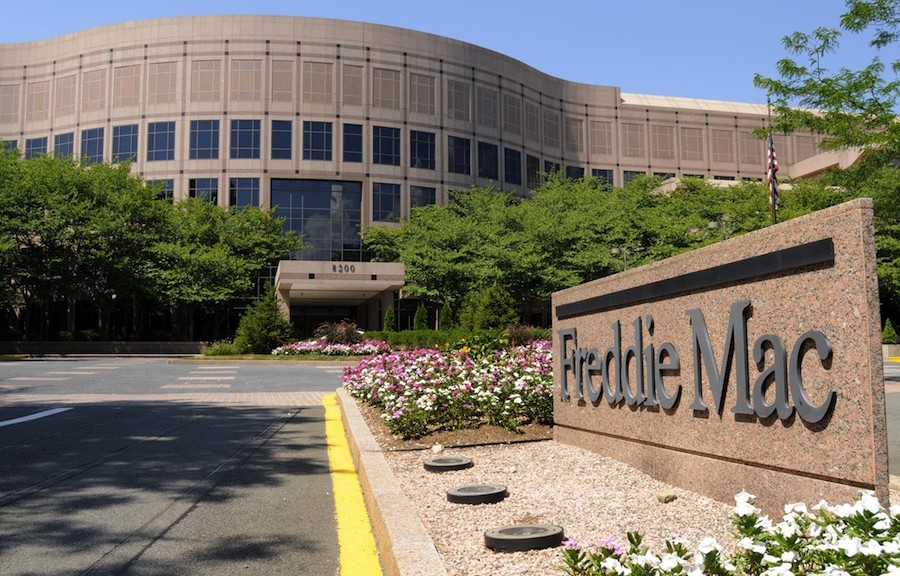Freddie Mac’s net income for the first quarter of 2015 almost doubled from Q4. According to Freddie Mac’s Q1 2015 Financial Report, its net income is now at 524 million.
According to DS News, “derivative losses were largely responsible for dropping Freddie Mac’s net income by nearly $2 billion from Q3 to Q4…” The GSE is responsible for almost doubling that total net income in the 2015 first quarter.
Derivative losses decreased in the first quarter of 2015, currently at $2.4 billion, compared to $3.4 billion in the fourth quarter. A large amount of the 2015 first quarter derivative losses were linked to fair value charges, according to Freddie Mac.
Fair value refers to the approximation of liabilities and assets of an acquired company used to centralize the financial statements of both companies.
Comprehensive income almost tripled from the fourth quarter and is currently at 746 million, up from $251 million in the fourth quarter. This is due in part to the decrease in derivative loses among decreasing interest rates and the yield curve in the first quarter. Another reason is seriously delinquent single-family mortgage loans are being reclassified from held-for-investment to held-for-sale in the first quarter.
“Our strong business momentum from last year carried into the first quarter, enabling us to again produce earnings despite a continued declining rate environment, so we can return further dividends to taxpayers,” said Donald H. Layton, CEO of Freddie Mac. “We continue to focus on serving our growing customer base better to support the U.S. economy, innovating to become a more competitive company, and reducing risk to the taxpayer. We are also working under FHFA leadership to make the industry stronger, with a growing focus on responsibly increasing access to affordable housing for the nation’s borrowers and renters.”
Net income for the first quarter totaled $3.6 billion. Forty percent of the net interest income for the first quarter was due to guarantee fees. Guarantee fees are fees charged by mortgage-backed securities to lenders for servicing, bundling, selling and reporting MBS to investors.
“The company’s use of derivatives reduces exposure to interest-rate risk on an economic basis (duration gap continues to average zero months),” Freddie Mac said. “However, this can result in significant accounting volatility during any given period.”
Freddie Mac’s Q1 2015 Financial Report also contained its action of helping 14.6 million families rent, buy, or keep their homes since 2009, “$2.6 trillion in liquidity provided to the mortgage market during that period, 11.3 million single-family homes, the introduction of the Home Possible Advantage program (which allows single-family homes to be purchased with a down payment as low as 3 percent), and providing foreclosure alternatives to approximately 1.1 delinquent borrowers.”

 Login
Login

